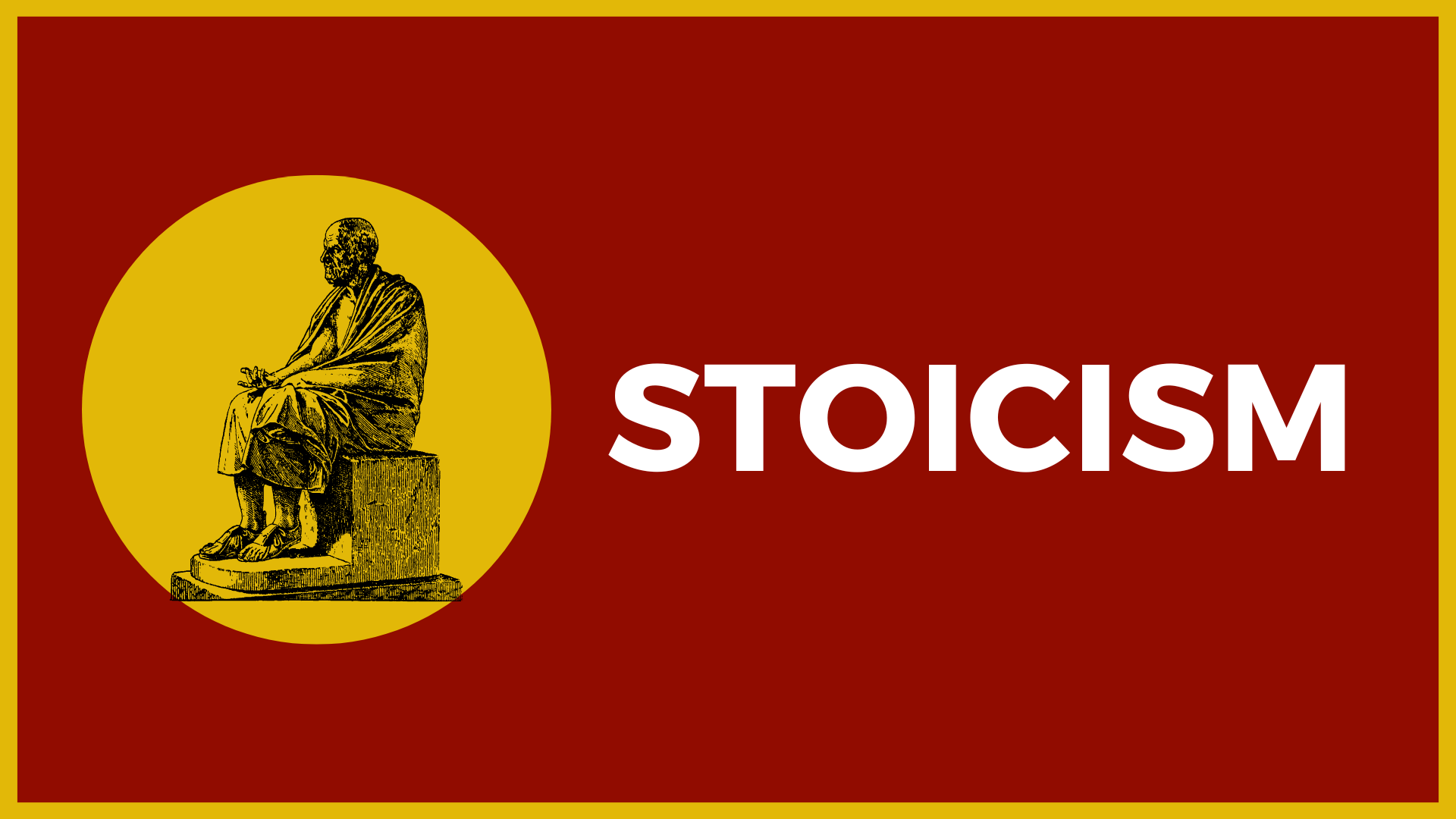Stoic Virtues for a Better Mindset

Stoic Virtues Introduction
Today we’re going to discuss a stoic virtues. Stoic virtues are good moral principles that follow the philosophy of stoicism. The Stoics taught that the measurement of good are virtues that one decides to follow, whereas concepts such as health, wealth, and pleasure are not good or bad but indifferent, they serve only as material for virtue to take place. For example, if a man gets a common cold he can show courage by being productive rather than using his illness as an excuse for not doing anything. Some stoics, including Seneca and Epictetus, emphasized that “Virtue is necessary for happiness in one’s life”
Other than teaching us excellent moral behavior, stoicism also teaches us emotional resilience. The Stoics argued that certain negative emotions are felt only because of someone’s error of judgment. An example of wrong judgment would be Someone who feels isolated because he had plans to go for a walk with friends yet they canceled because something came up, so that person thinks they are avoiding him when in reality they are not.
The philosophy of stoicism is guided by four stoic virtues. These four stoic virtues are courage, temperance, justice, and wisdom. These Stoic virtues can make one more calm and collected which helps them react well to negative emotions. This article is going to explain the four Stoic virtues and give you insight into using these virtues so you can achieve a better mindset.
Courage
Courage is facing up to life’s challenges and conflicts with bravery and steadfastness. A Courageous person stands up for what he believes, regardless of what others think about it. Another trait of courage is doing what must be done regardless of our fears. Courage is acknowledging our weaknesses and accepting that we have them while taking action nonetheless. Marcus Aurelius said, “The impediment to action advances action. What stands in the way becomes the way.”
The stoics praised courage, as it can help with any fearful situation that might appear in your life. After facing fearful situations with courage you will build more self-confidence. If you have courage, you can inspire other people to be courageous. It will make you less fearful of taking chances, leaving your comfort zone, and conquering your dreams.
Here are some examples of courage. One: A person is afraid of speaking with his boss at work but, shows courage and talks to them anyway. Two: Someone is afraid of expressing their unique opinion, but does it anyway no matter what others think. Three: A man realizes he is wrong about his actions, and although he feels bad for it, he accepts them and develops his character.
Moderation
Moderation is self-control, acting with restraint, and not letting your emotions take control of what you do. Stoic moderation is also the middle ground in everything, balance.
“The Middle Course is the Best”
– Cleobulus
Keeping balance is important as extremes to either side of anything can cause harm. If one works too much they will burn out and be unable to keep going. On the other hand, if one never works he won’t do what must be done. By keeping balance, no extreme will ever run wild in one’s life, rather both sides will be done to a satisfying degree. This does not only apply to doing things, but also to character traits. For example, a confident person is a middle ground between insecure and arrogant.
Here are some examples of moderation. One: A woman sees a nice dress in a shop and wants it, yet she saves her money instead. Two: A teenager wants to play games all day but instead represses his urge and invests his time working out. Three: A man has the option to only eat meat but decides to reduce it and eat more vegetables for a balanced diet.
Justice
Justice for the stoics is doing the right thing, justice for our fellow man. Taking care of our people and being fair, showing equality, respect, and kindness to them as they are part of our community. Therefore damage done to one’s community will damage him as well. Marcus Aurelius said, “What is not good for the beehive, cannot be good for the bees”
There’s societal justice and stoic/personal justice. Societal justice is a set of laws that apply to the general population. Personal justice is an act of justice carried out by an individual based on his ideologies and beliefs. Out of the two, most people agree with societal justice as it is agreed to be better for the community.
Here are some examples of societal justice. One: Someone steals from his neighbor and therefore he is sentenced to prison to keep the others safe from him and give him the chance to reflect upon his actions. Two: A person receives a fine for not having his driver’s license with him while driving.
Here are some examples of stoic/personal justice. One: Although one has made mistakes, instead of being ostracized for it he is shown kindness and advice on how to fix his mistakes. Two: Three friends go to the cinema, one of them does not have enough money for a ticket so his friends buy him one.
Wisdom
For the stoics, wisdom is the ability to recognize what is bad, good, and indifferent based on the other three virtues. Here are some examples of recognizing Good. Helping others in your community, showing kindness and fairness to them, and not taking advantage of them. Here is an example of NOT recognizing Good: Cowering in a fearful situation, unable to act against the situation with courage.
Indifferent things for the stoics are not bad nor good. For example, possessions are indifferent. Fame is indifferent, whether one has it is not bad or good. Although the stoics do prefer some indifferent things to others, for example, wealth is preferred to poverty.
Here are some examples of wisdom. One: A young boy had the choice of lying to his parents about not going to school, but realizes the right thing is to tell them the truth. Two: A man is about to take advantage of a friend, but realizes that it’s wrong and does not do it. Three: A girl does not like that her friend is being sassy, but instead of telling that to others behind her back she realizes she has to let her friend know how she feels.
Final Thoughts About Stoic Virtues
These stoic virtues can help one develop his character by becoming more just, moderate, wise, and courageous. Building moral principles to live by can make someone lead a much happier life. I hope you found some value in this article and took something from at least one stoic virtue. I wish you all the best.
Resources
Next Steps
-
- If you have enjoyed this article, you can get alerted to new articles and exclusive information by joining our email list. You can access this through the pop up on our home page. (You’ll also get a bunch of free stuff.)
- If you would like to keep learning, check out more of our articles!
